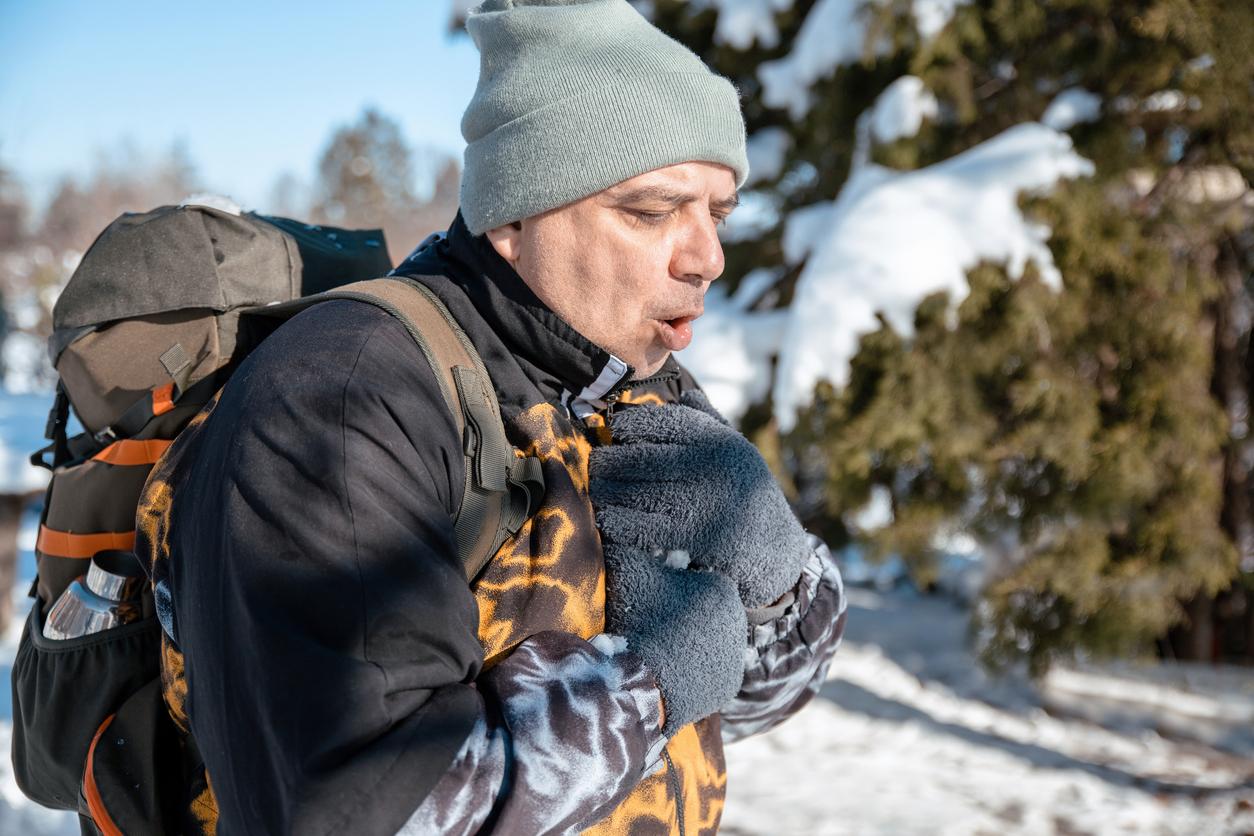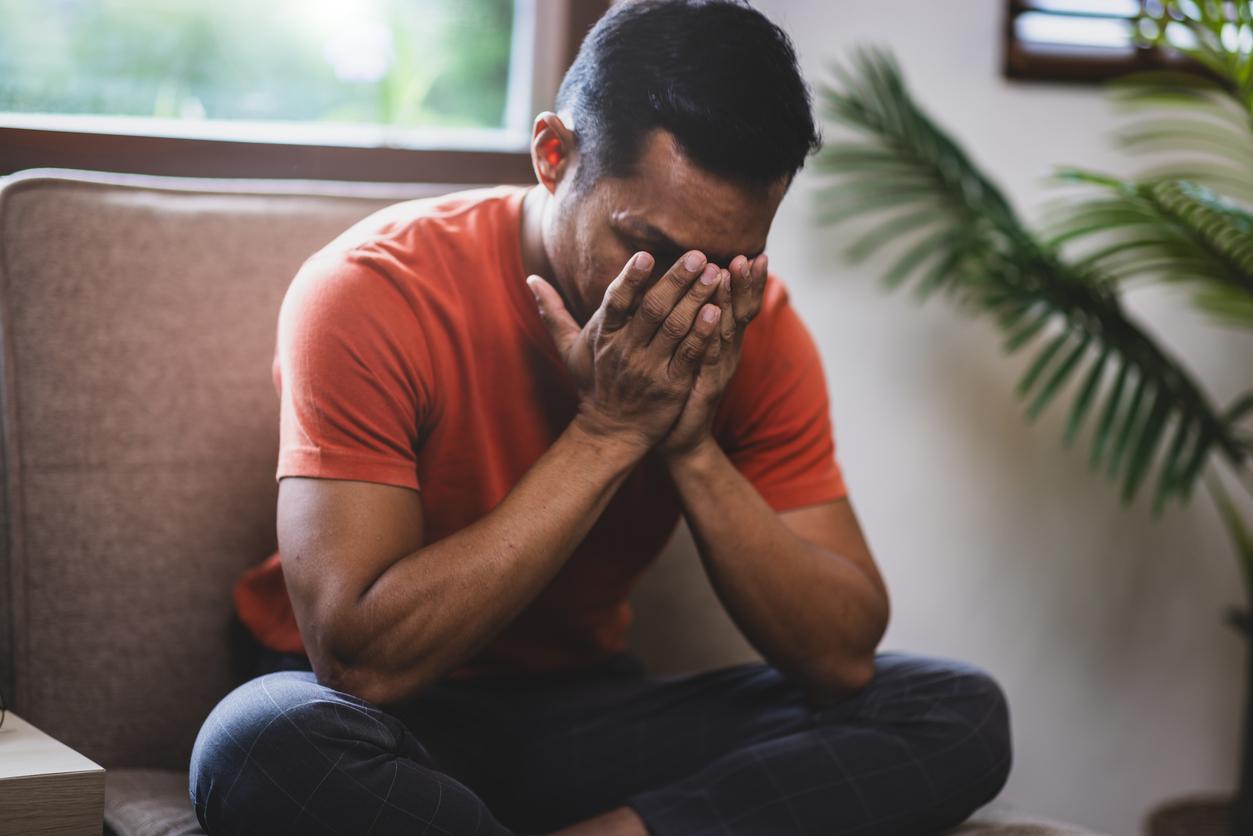The cold can have deleterious consequences on the lungs and create pain, explains a pulmonologist.

- The cold will make a comeback this week, accompanied by rain, snow and wind, according to Météo France.
- Chronic obstructive pulmonary disease (COPD) is the third leading cause of death worldwide, says the WHO.
The drop in temperatures scheduled for this week in France is not harmless on the body. Indeed, cold air can have a negative impact on the lungs, according to Dr. Aryan Shiari, pulmonologist at the Mayo Clinic Health System, a world-renowned American university hospital and research federation.
The cold irritates the lungs
According to him, cold, dry air can enter the lungs and cause irritation, which could cause a feeling of tightness in the chest, discomfort or even a burning sensation while breathing.
“Cold air is usually drier, and your body works hard to moisten it. In this process, it can cause irritation in the airways, resulting in a process called bronchospasm, where those airways become narrowed and constricted. tighten, and you get this feeling of breathlessness“, explains the pulmonologist.
The risk of the lungs freezing is low
However, the lungs themselves are unlikely to freeze in freezing temperatures, such as those observed this winter in many parts of the United States.
“Our body is doing its best to keep our core temperature around 37 degrees, and our lungs are encased in our chest cavity. Unless your entire body is threatened, there should be no risk of your lungs freezing”, explains Dr. Aryan Shiari.
Indeed, the body is very well designed to adapt to the arrival of cold air and there are many mechanisms which make it possible to heat and humidify the air before it reaches the lungs where a gas exchange occurs.
Extremely cold air can be dangerous in some cases
For people with chronic lung diseases, such as chronic obstructive pulmonary disease (COPD), the cold can make the situation worse.
Chronic obstructive pulmonary disease (COPD) is a chronic inflammatory disease of the bronchi, most often associated with other diseases. “It is characterized by progressive narrowing and permanent obstruction of the airways and lungs, resulting in difficulty breathing.“, says theInserm.
In emphysema, the eventual complication of this condition, cold air can cause the bronchi to spasm, making it harder to breathe.
Asthma, COPD… Prepare well against the harmful effects of the cold
“Patients with respiratory disease, whether asthma, COPD, or other lung diseases, are more likely to have exacerbations of their symptoms if faced with cold winter conditions. The best thing they can do to protect themselves is to be prepared. Whether it’s having an extra supply of their inhaler for a few days in case of an emergency or having a backup generator for their medical equipment, like ventilators, CPAP machines or oxygen concentrators“, explains Dr. Aryan Shiari.
To breathe safely when it is very cold, the pulmonologist also advises everyone to adopt a few habits to preserve the lungs, such as inhaling through the nose and exhaling through the mouth.


















